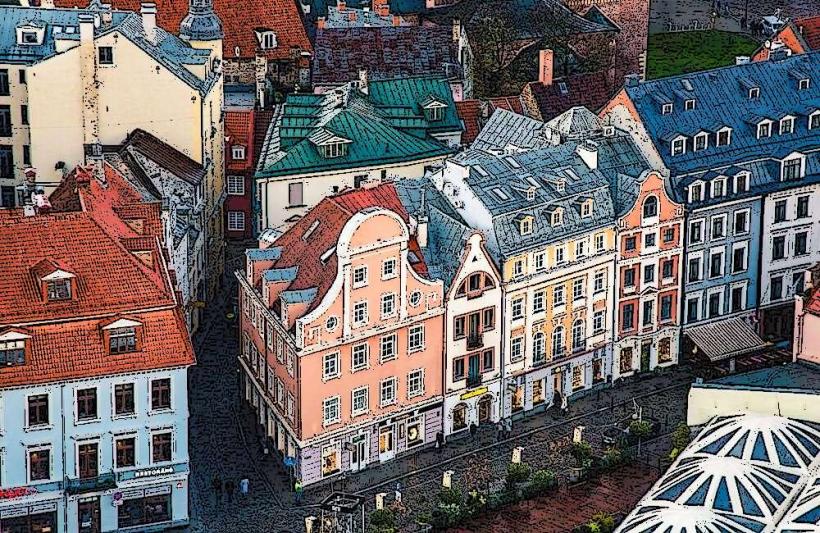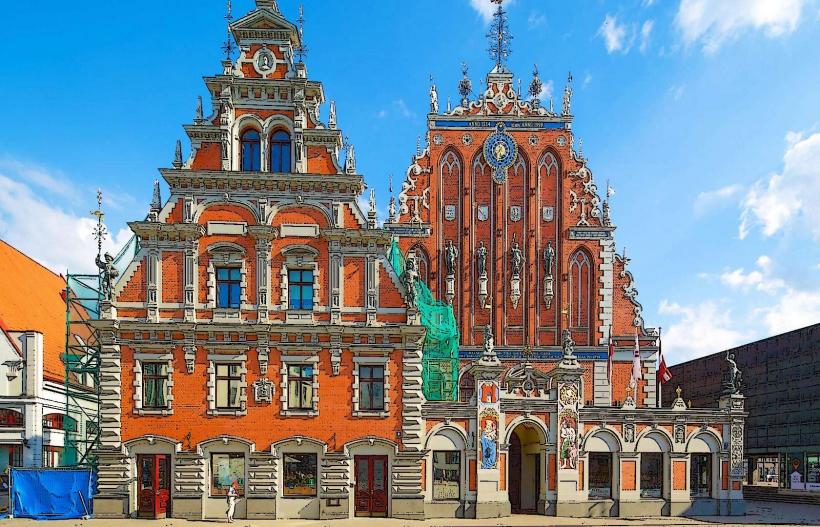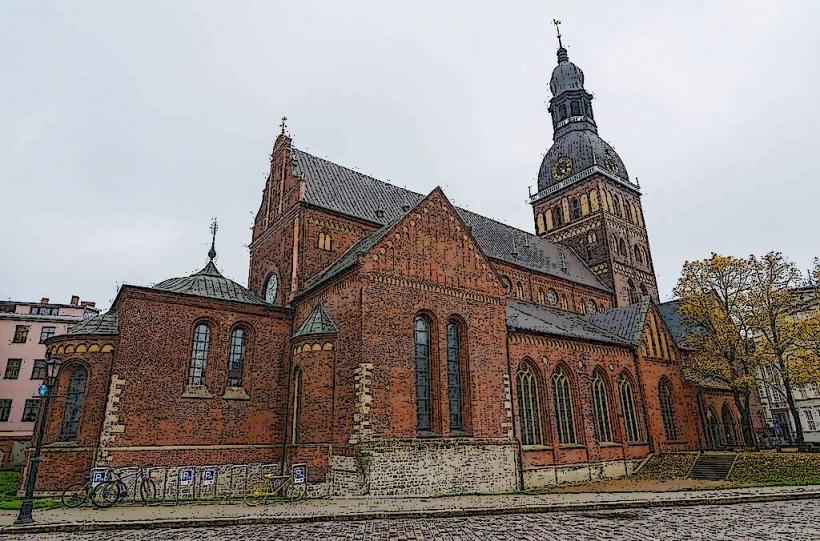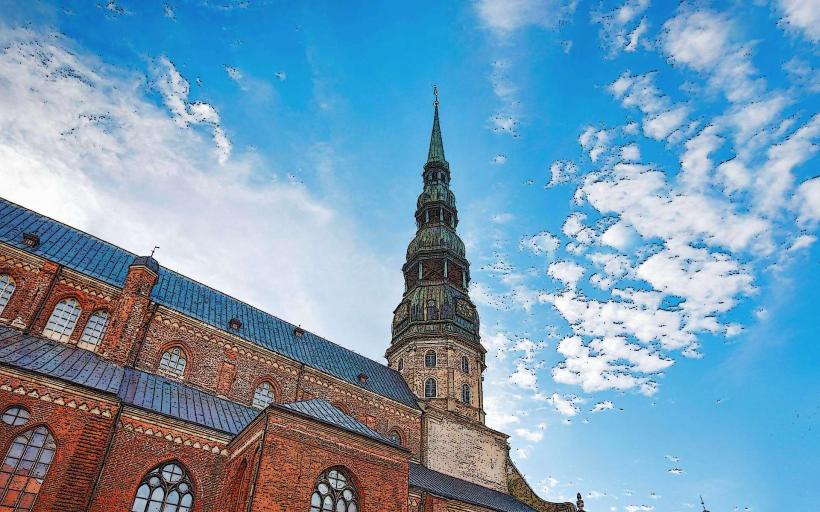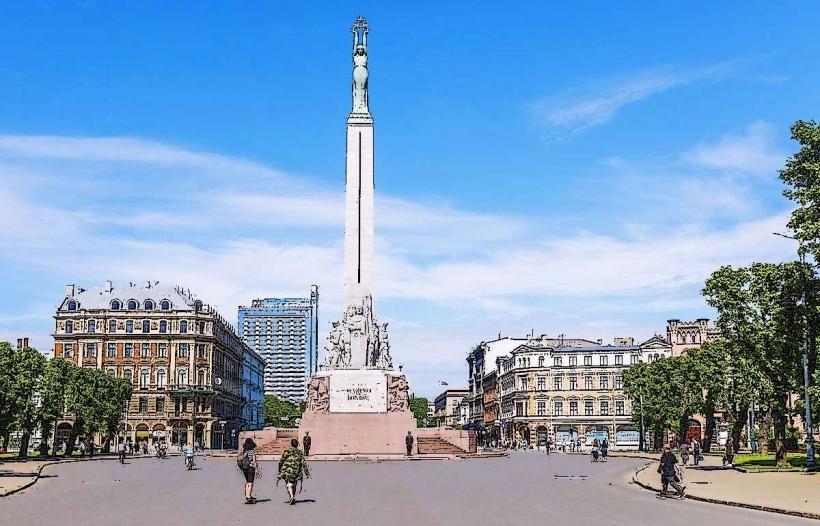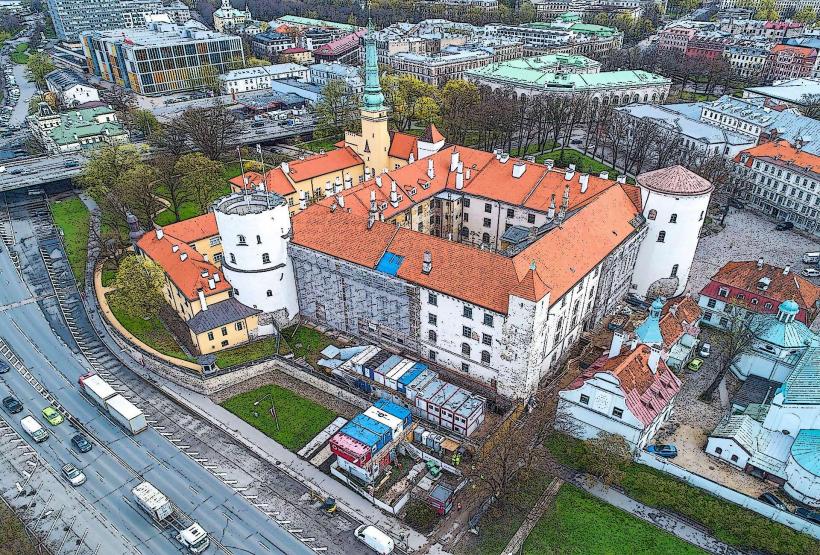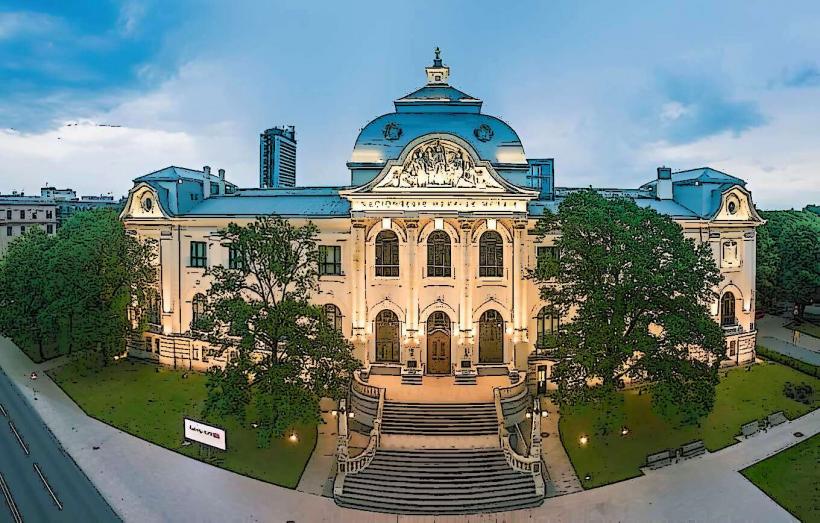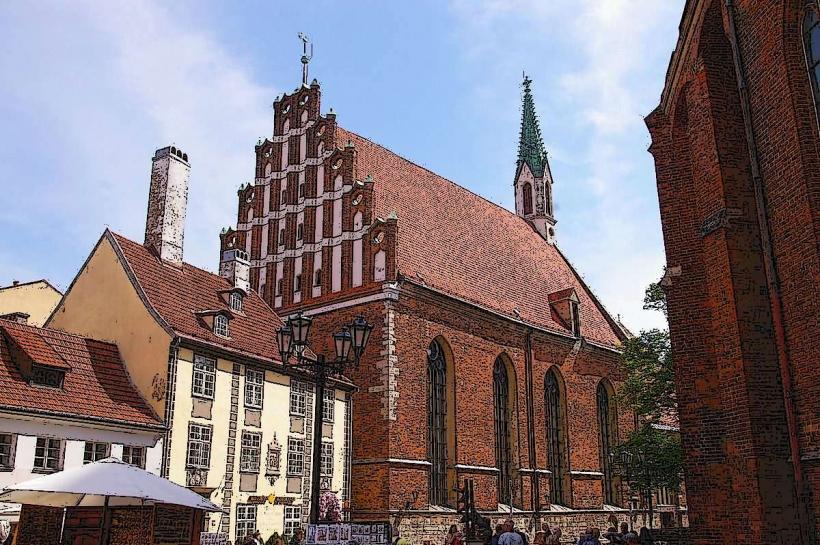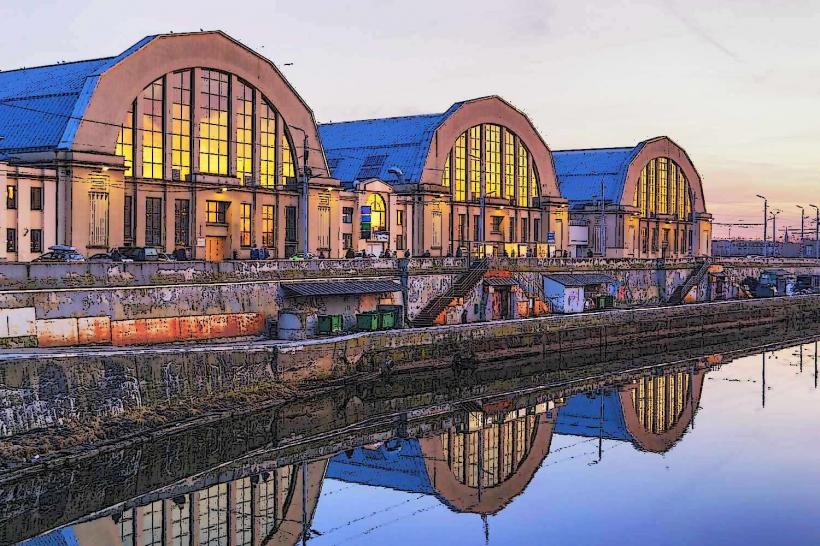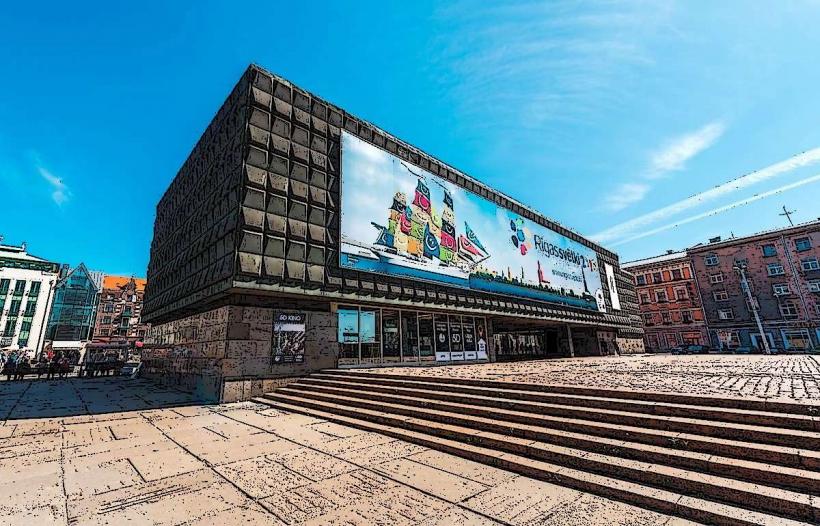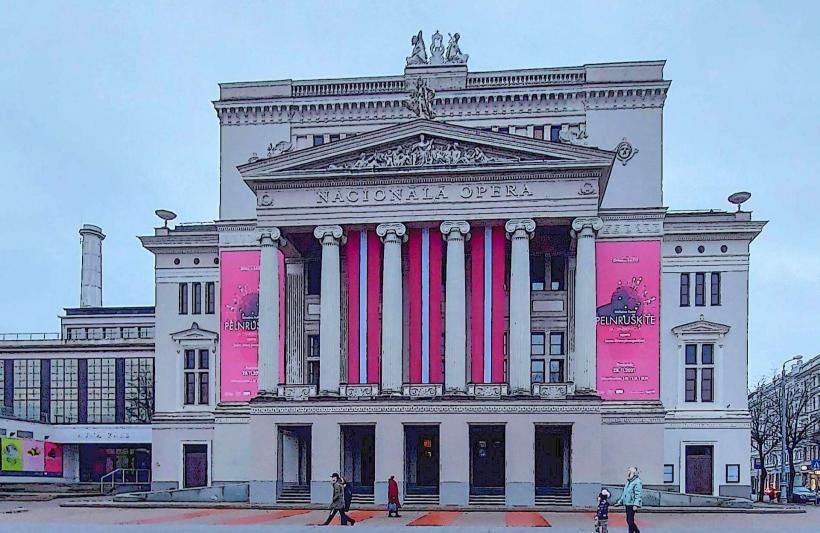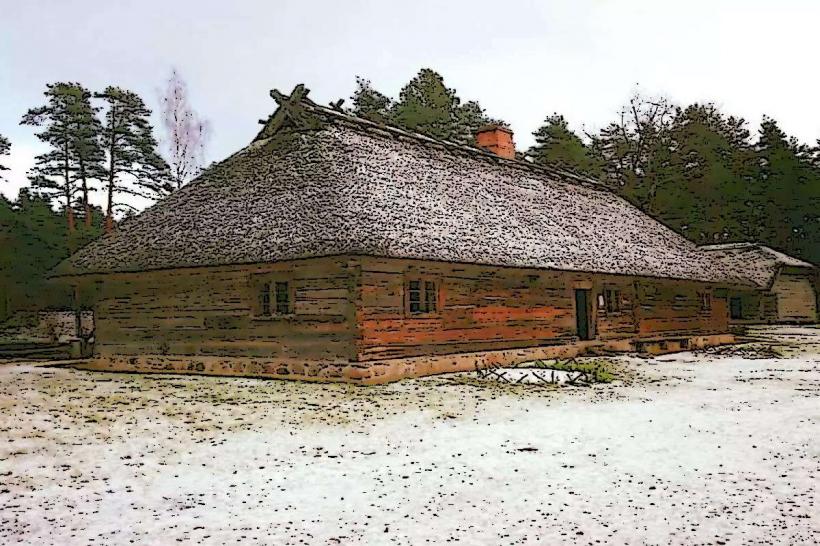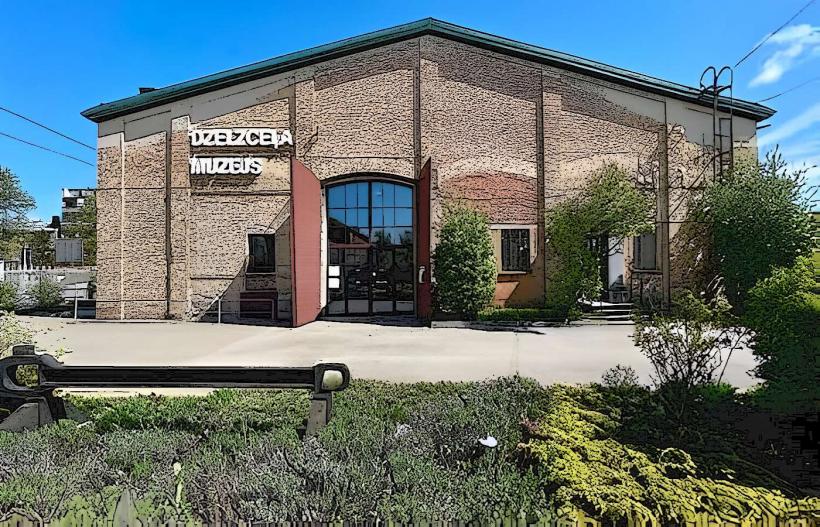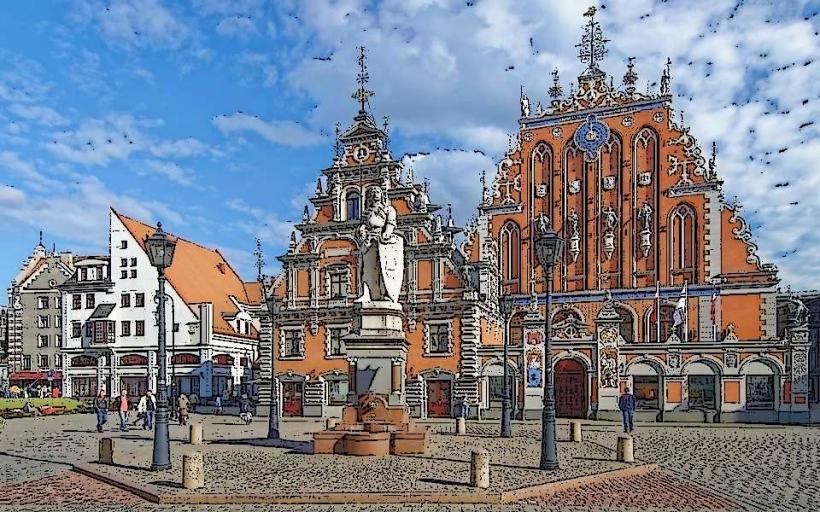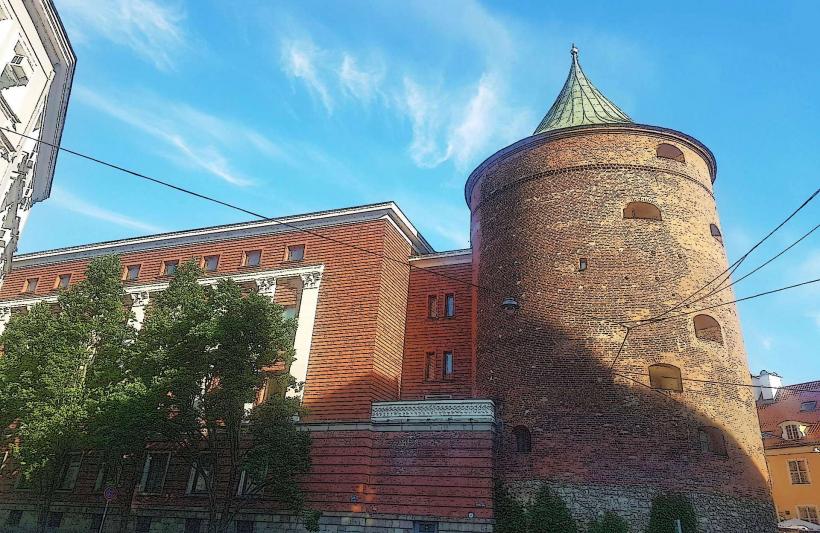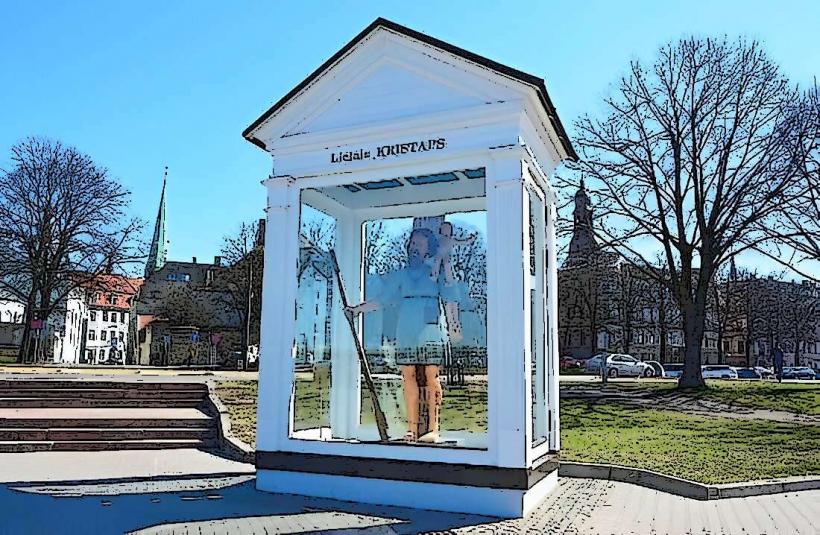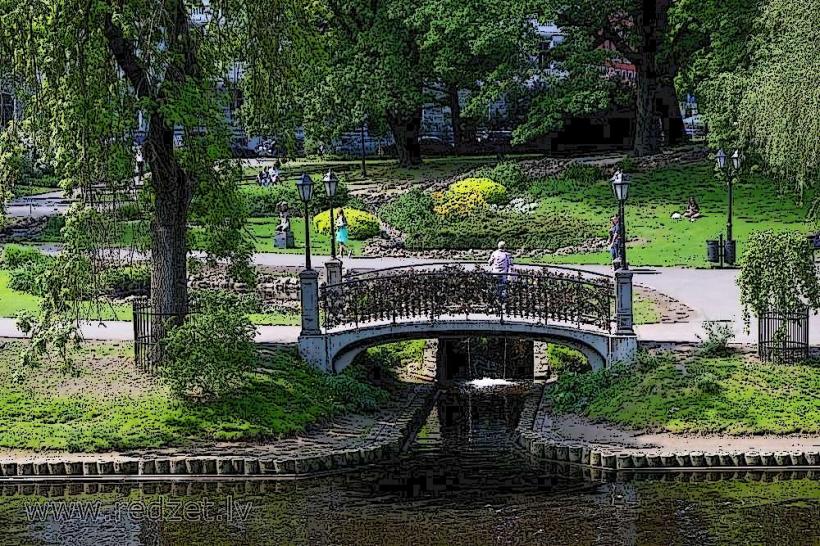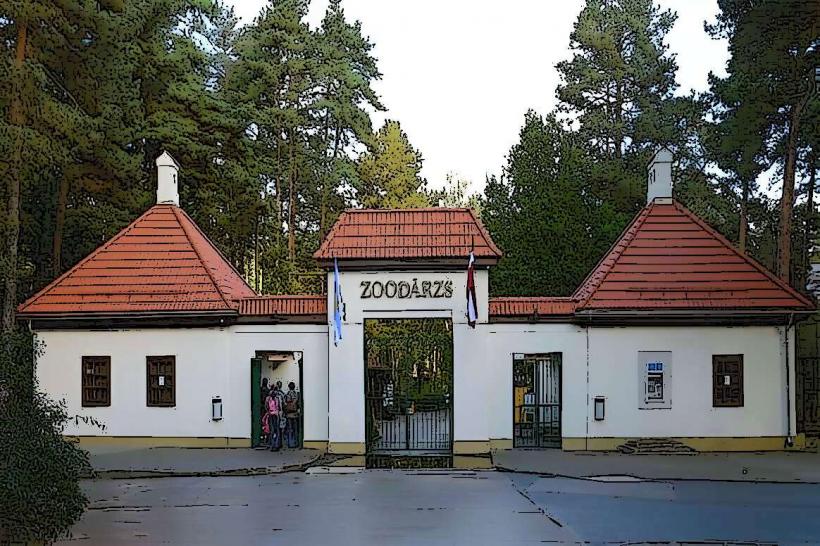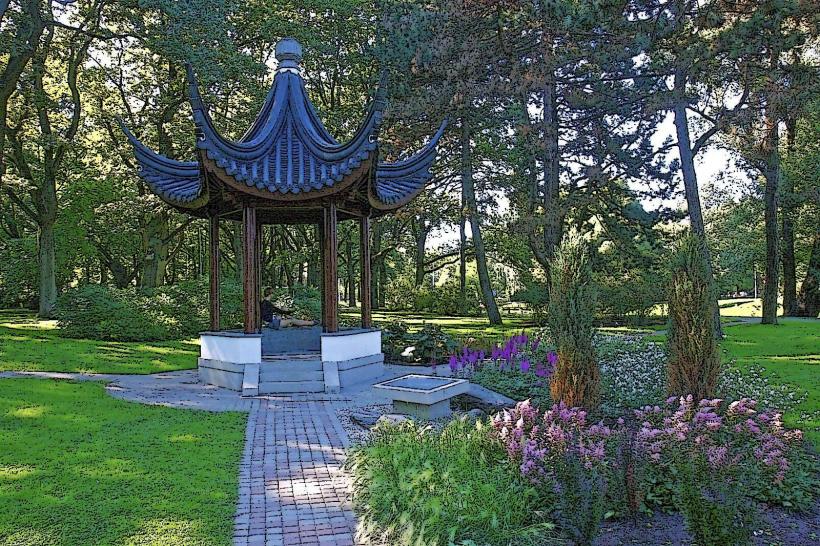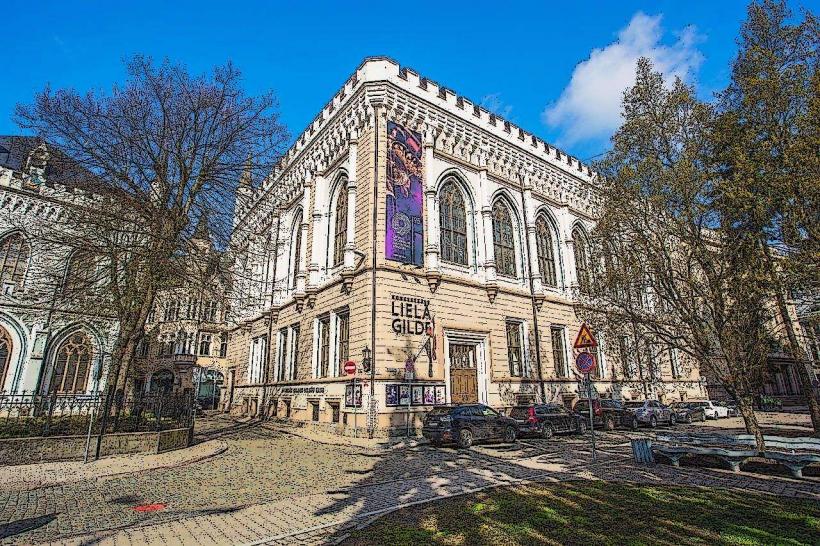Information
Landmark: Riga Central Railway StationCity: Riga
Country: Latvia
Continent: Europe
Riga Central Railway Station, Riga, Latvia, Europe
Riga Central Railway Station (Latvian: Rīgas Centrālā dzelzceļa stacija) is the primary train station in Riga, Latvia, and one of the most important transportation hubs in the Baltic States. It serves as a central point for both domestic and international rail travel, linking Riga to major cities in Latvia, as well as to other countries such as Estonia, Lithuania, Russia, and Belarus. The station is located in the city center, close to many other key landmarks in Riga.
1. History and Development:
A. Early Beginnings:
- The original Riga Railway Station was established in the 1860s when the railway line connecting Riga to Petersburg (now St. Petersburg, Russia) was built. The station became a crucial stop for rail travel between the Russian Empire and Western Europe.
- Over time, the station expanded to accommodate growing traffic, and several renovations have been made to modernize its facilities while maintaining its historical importance.
B. Modernization and New Station Building (20th Century):
- The current building of Riga Central Railway Station was designed by the architect Eugenijs Laube and completed in 1926. It represents a blend of Neo-classical and modern architectural styles, with large glass windows, symmetrical facades, and impressive entryways.
- During the Soviet era, the station underwent several reconstructions and expansions to meet the increasing demand for rail services. These updates were designed to modernize the station’s facilities, particularly in the areas of passenger services and safety.
2. Architecture and Layout:
A. Exterior and Design:
- The station building has a distinct neo-classical façade, characterized by large arches and symmetrical design. Its central entrance is marked by a prominent clock tower, which has become an iconic feature of the station's exterior.
- Glass and steel elements give the building a modern touch, particularly in the design of the train platform canopy and waiting areas. The station’s architecture also reflects the influence of early 20th-century European railway stations.
B. Interior and Facilities:
- The interior of the station has been upgraded several times to improve the experience for passengers. It includes spacious waiting halls, ticket counters, and restaurants.
- High ceilings and large windows provide an airy and light-filled atmosphere, making it more comfortable for travelers. The station has also been equipped with modern amenities, including Wi-Fi, restrooms, and information kiosks.
- The station's design integrates both practical and aesthetic elements, offering a blend of comfort and historical charm.
3. Transportation Hub and Services:
A. Domestic and International Rail Travel:
- Riga Central Railway Station serves as a major transport hub for domestic and international rail services. It connects Riga with major cities in Latvia and the Baltic region, including Jurmala, Liepaja, and Ventspils.
- Internationally, the station is a crucial connection point for travel to Tallinn (Estonia), Vilnius (Lithuania), and major Russian cities such as Moscow and St. Petersburg.
- Several daily trains depart from the station for destinations both within Latvia and across borders, making it a vital point of connection for regional travel.
B. Long-Distance and High-Speed Trains:
- While the majority of the station's trains are regional, it also serves long-distance routes, including international trains to Moscow, Saint Petersburg, and Warsaw.
- Though Latvia’s rail network is not as extensive as those of larger European countries, Riga Central Station is still a significant stop for travelers moving across borders into neighboring countries.
C. Local and Commuter Services:
- Riga Central Railway Station also serves local commuters, with trains regularly connecting to various towns and cities within Latvia. The station is part of the urban commuter rail system in Riga, offering a quick and convenient mode of transport for people living in nearby towns and working in the capital.
4. Connections to Other Transport Systems:
A. Public Transportation:
- The station is well connected to Riga's public transport network, including buses, trams, and taxis, making it easy for passengers to transfer between different modes of transport.
- A large bus terminal is located next to the train station, providing connections to regional and international bus routes.
- The station is also situated near Riga’s Old Town, and its proximity to the city center makes it an easy point for travelers to continue their journey on foot or by local transport.
B. Future Developments:
- Plans for further development of Riga’s railway infrastructure are in progress. The Rail Baltica project, a high-speed rail link connecting Estonia, Latvia, Lithuania, and eventually Poland, will pass through Riga and will further enhance the station’s importance as a central European railway hub.
- The project aims to improve the speed, capacity, and efficiency of rail services, making the station even more accessible for travelers throughout the region.
5. Importance to Riga and Latvia:
A. Cultural and Historical Significance:
- Riga Central Railway Station has become more than just a transportation hub; it is an integral part of the city’s cultural and historical identity. As one of the first points of entry for many visitors to Latvia, it holds an important place in the national consciousness.
- The station's architectural style and its history reflect Riga’s status as a major European trading hub during the 19th and 20th centuries.
B. Role in Regional Connectivity:
- Riga Central Railway Station plays a crucial role in regional connectivity within the Baltic states, linking Latvia with its neighboring countries and facilitating tourism, business, and cultural exchange.
- The station is a symbol of the city's openness to international connections and serves as a gateway to the rest of Europe for travelers passing through Riga.
6. Conclusion:
Riga Central Railway Station is a vital transportation hub that combines historical significance, architectural beauty, and modern functionality. As the heart of the city’s rail network, it serves as a connection point for both domestic and international travel, linking Latvia to its neighbors and beyond. With its historical charm, modern amenities, and central location, it remains an essential part of Riga’s urban landscape and continues to play an important role in the city’s economic, cultural, and transport infrastructure.

